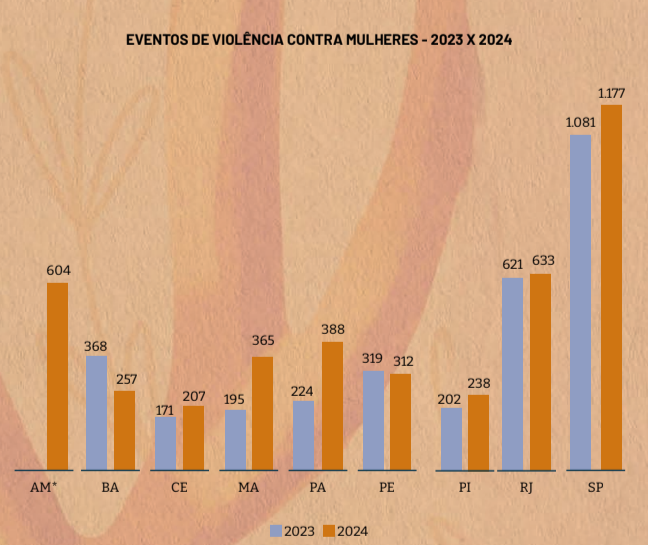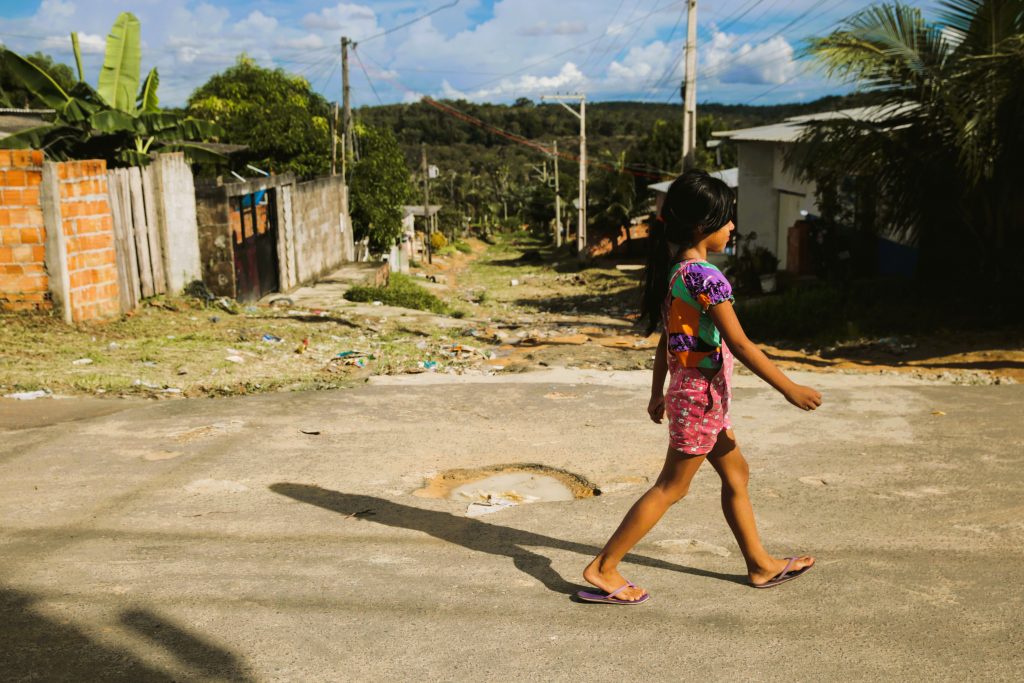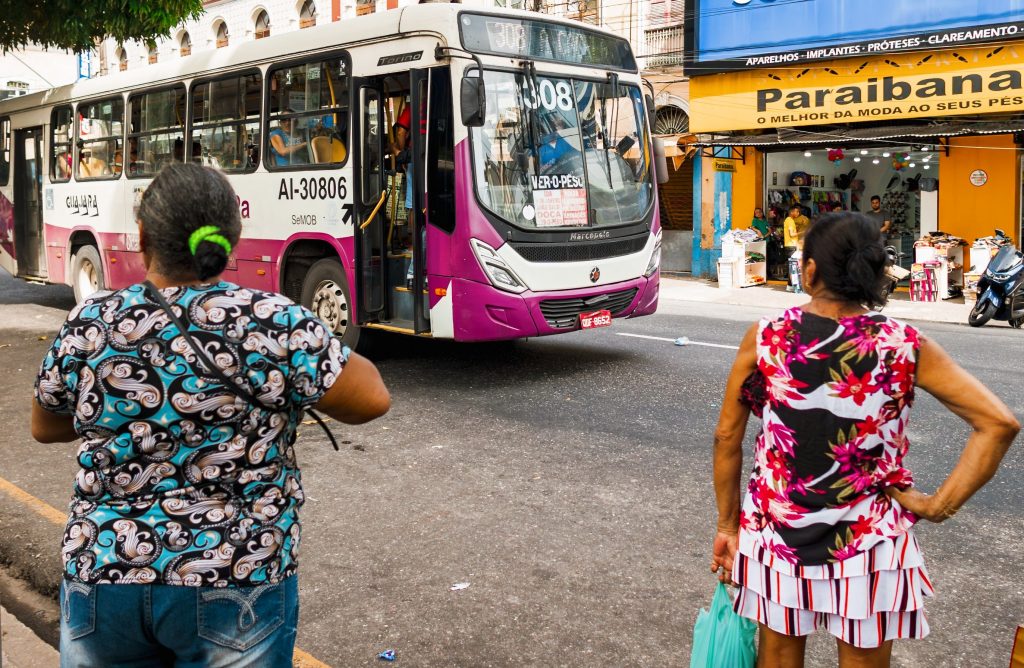Scientist warns of increasing sexual violence against women in Amazon State
27 de March de 2025

By Letícia Misna – From Cenarium
MANAUS (AM) – In 2024, the State of Amazonas ranked third in violence against women, with 604 recorded cases, behind only the states of São Paulo and Rio de Janeiro. This alarming figure was revealed in the annual report They Live – A Path of Struggle, produced by the Security Observatory Network. The data has caught the attention of specialists and social scientists, particularly regarding the record that shows 84% of the victims are underage girls.
Speaking to CENARIUM, social scientist Tayná Boaes, a researcher from the Network and author of the analysis on Amazonas, highlighted the cases of sexual violence involving minors in the state. “The violence affecting the lives of girls in Amazonas is alarming: 84% of sexual violence victims were aged between 0 and 17 years.”


In the study, Tayná recalled an incident that occurred in September last year in Jutaí, 751 kilometres from Manaus, when Laylla Victória de Assis, just one year old, was raped, murdered, and had her body thrown into the river.
“The crime caused great outrage and anger among the population, who stormed the police station, took the suspect from his cell, and lynched him to death. This painful event reflects the lack of policies for protecting girls and women in Amazonas,” Boaes commented in the report.
Omission of race
The social scientist also drew attention to the omission of racial identity in records of these women and girls.
“We observed a high number of cases where the racial identity of victims was not reported, which poses a challenge to addressing gender-based violence in a way that considers these aspects,” she told CENARIUM.
According to the report, 97.5% of identified victims had no recorded racial or ethnic background, which, according to the Network, reinforces the need for more in-depth investigations that consider current legislation.
Trans women
Amazonas, the most recent state to join the Security Observatory Network, also recorded cases involving trans women in 2024: there were two transfemicides, according to the report.
“This [transfemicide] points us towards the intersection of social markers, particularly regarding the interpretative approach to this crime, which is still based on biological definitions of sex, limiting the application of laws that protect transgender women and travestis,” highlighted Tayná Boaes.
For the researcher, although laws are advancing in recognising gender-based violence, they still fail to encompass all the circumstances surrounding the deaths of women.
Amazon region
They Live – A Path of Struggle analysed nine Brazilian states. Among them, besides Amazonas, two other states that are part of the Legal Amazon region were observed: Pará and Maranhão.
In the overall ranking of violence cases, Pará ranked fourth. There, in 2024, 388 cases were recorded, representing a 73.2% increase compared to 2023, which had 224 reported cases.

Ranking fifth, Maranhão comes right after Pará, with 365 cases. Compared to the previous year, which recorded 195 cases, the increase in violence against women was 87.2%.
“Our effort, year after year, is to keep drawing attention to a phenomenon far greater than the data reveals. Violence against women continues to be normalised, both by civil society and the public authorities, as just another social issue; therefore, the numbers remain high, while assistance policies become increasingly fragile,” Tayná Boaes concluded.

